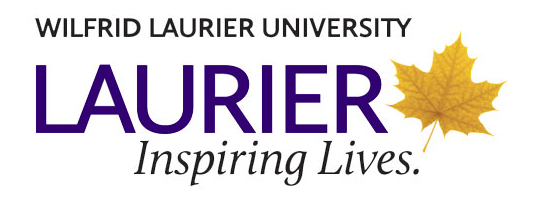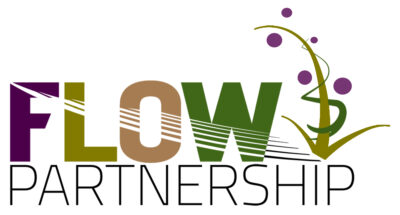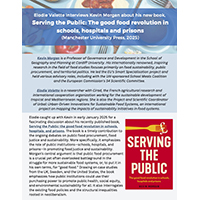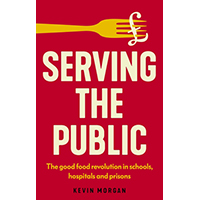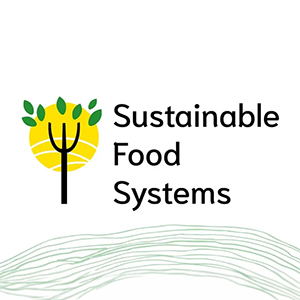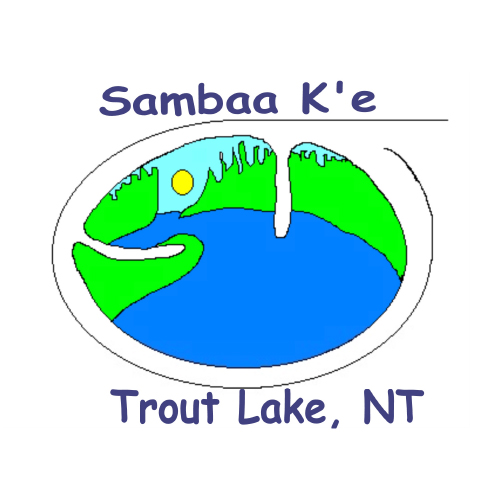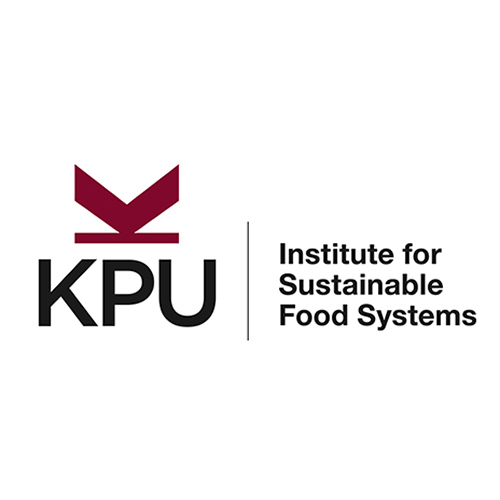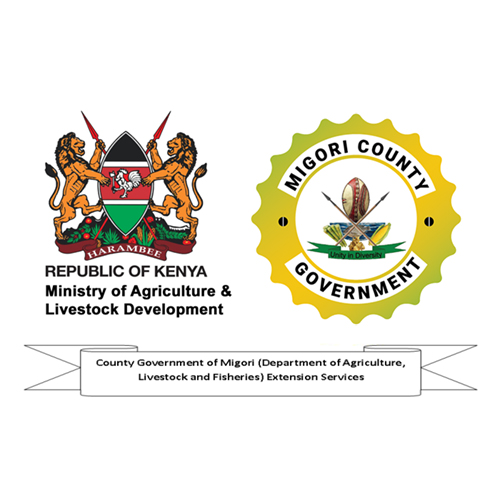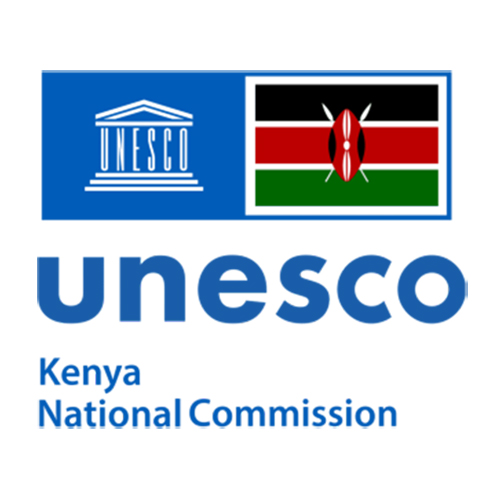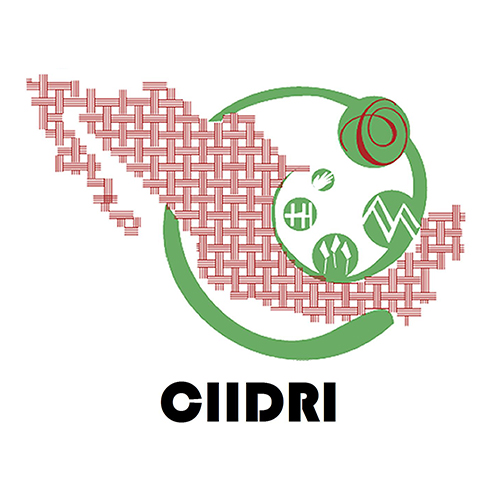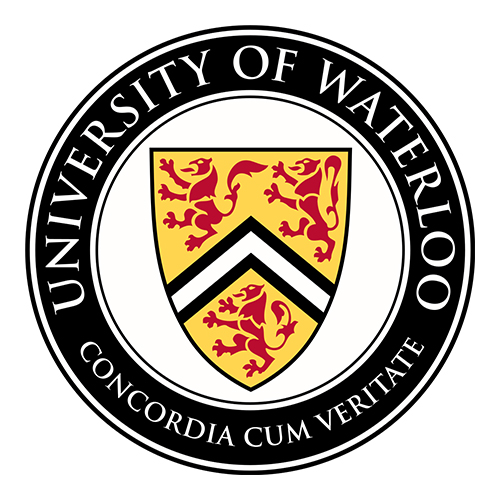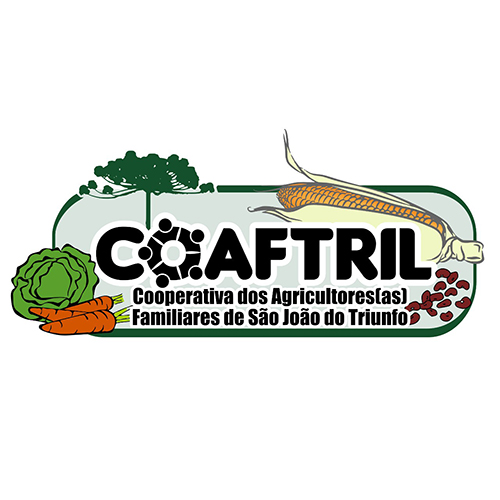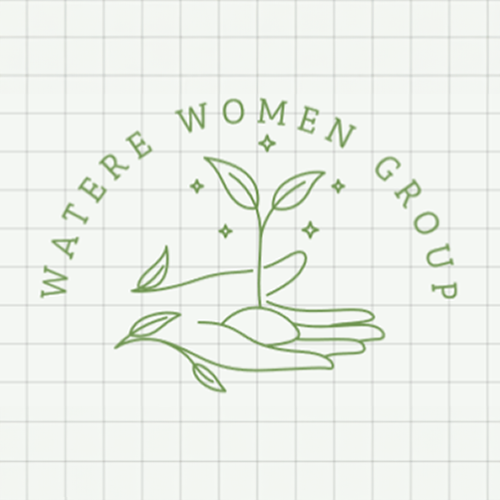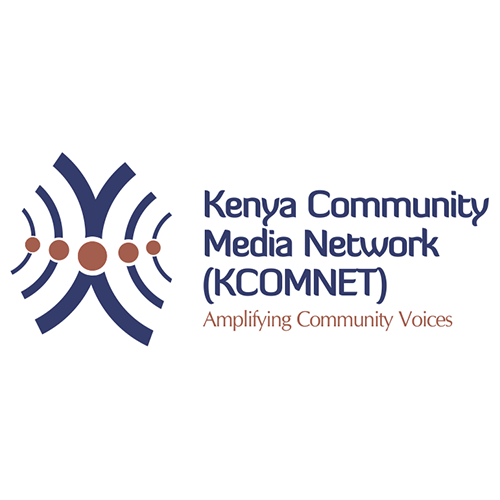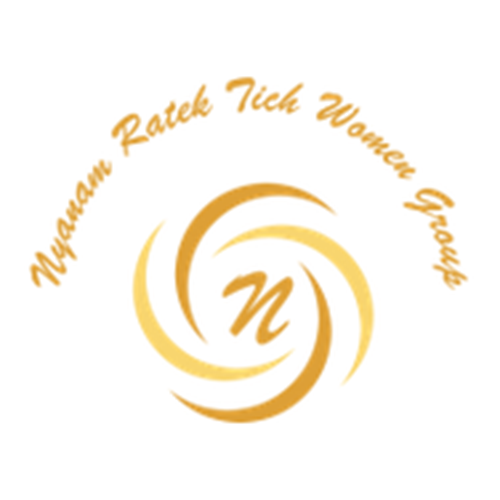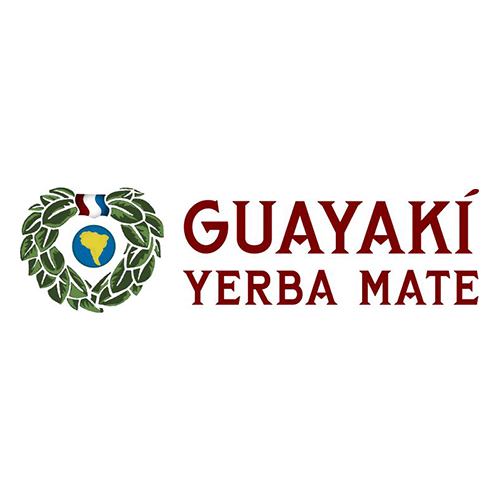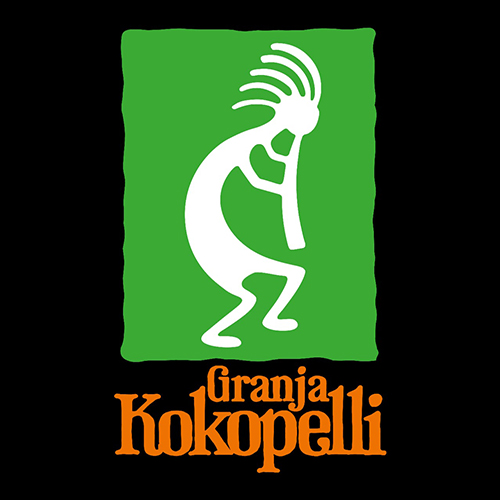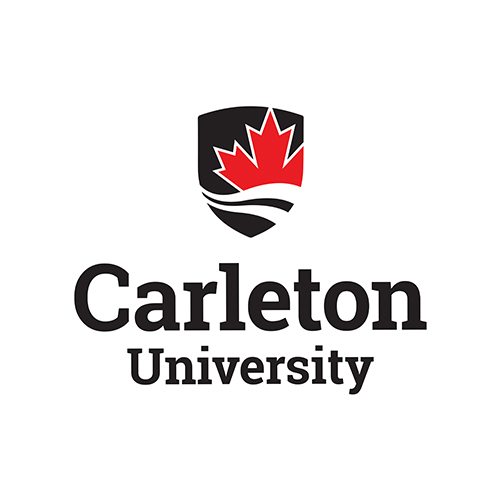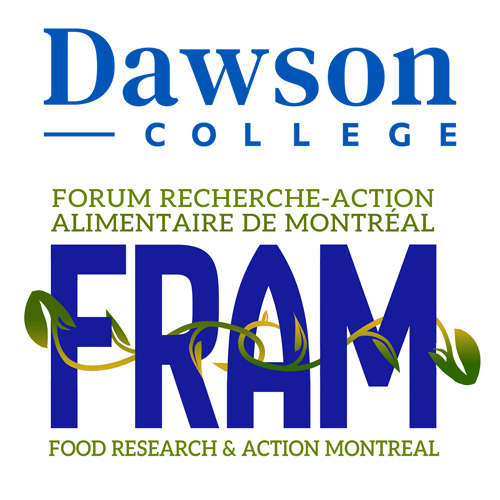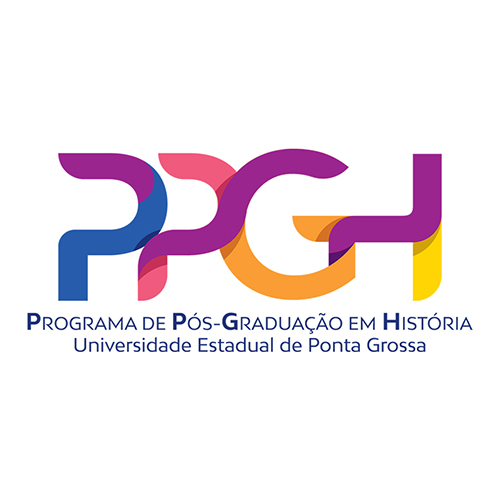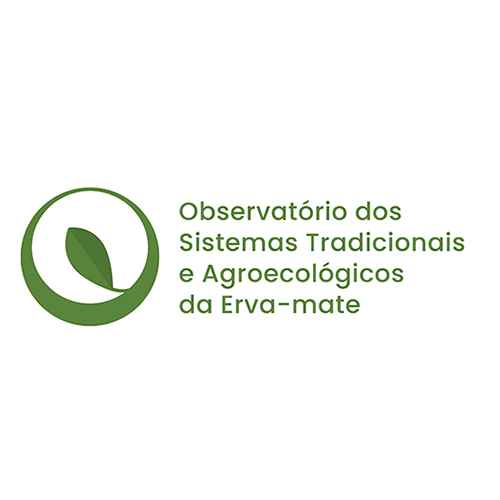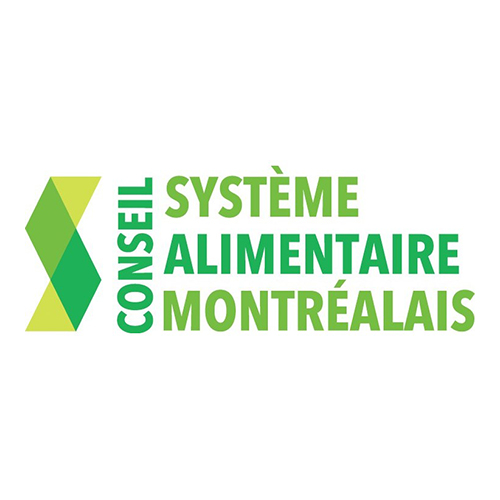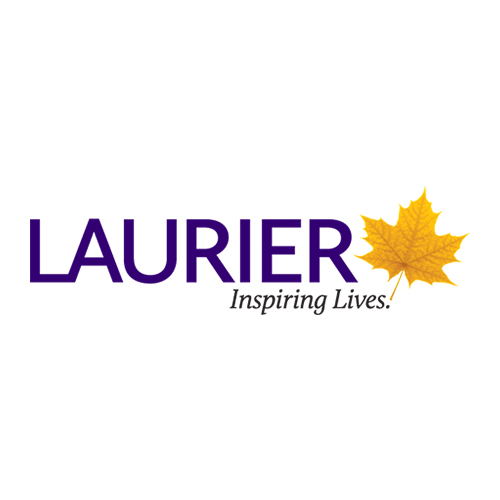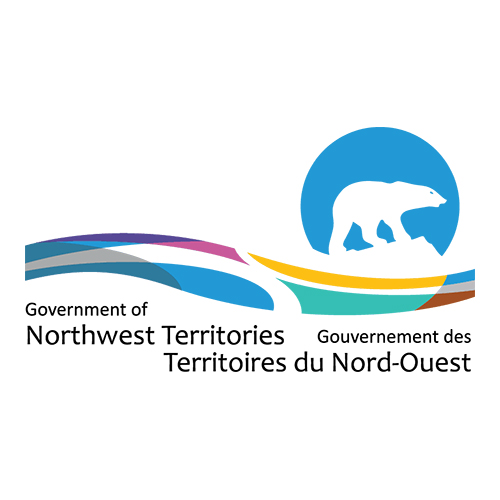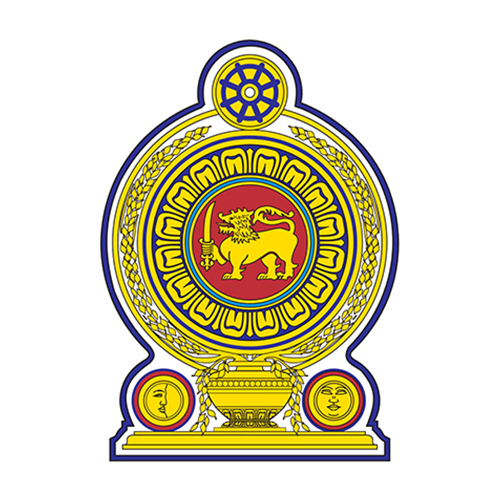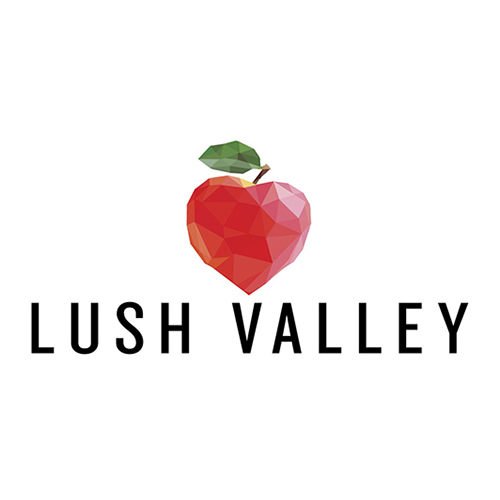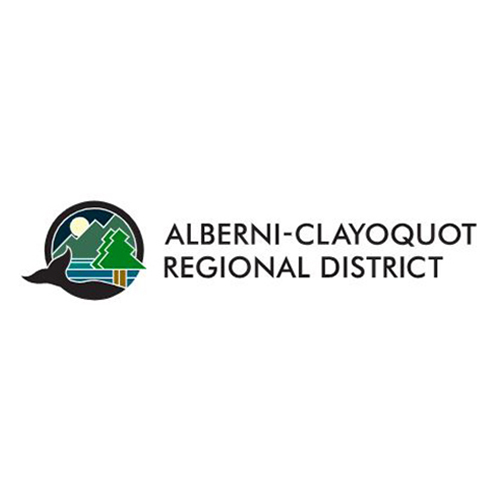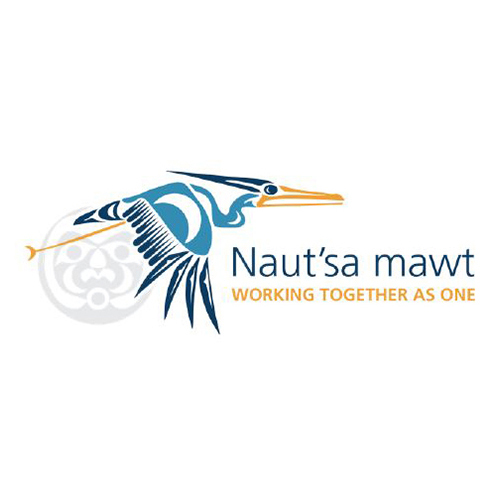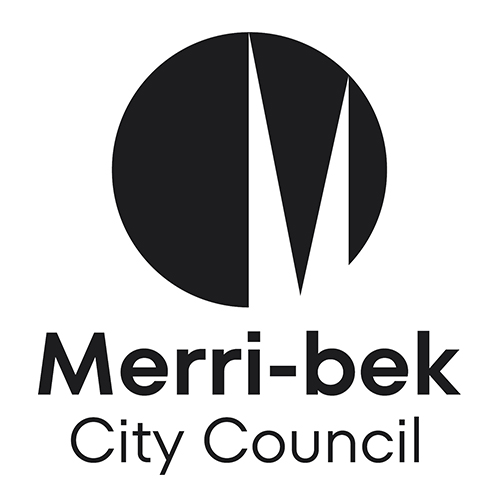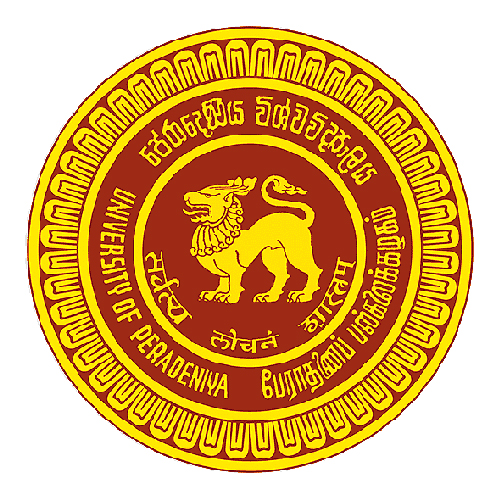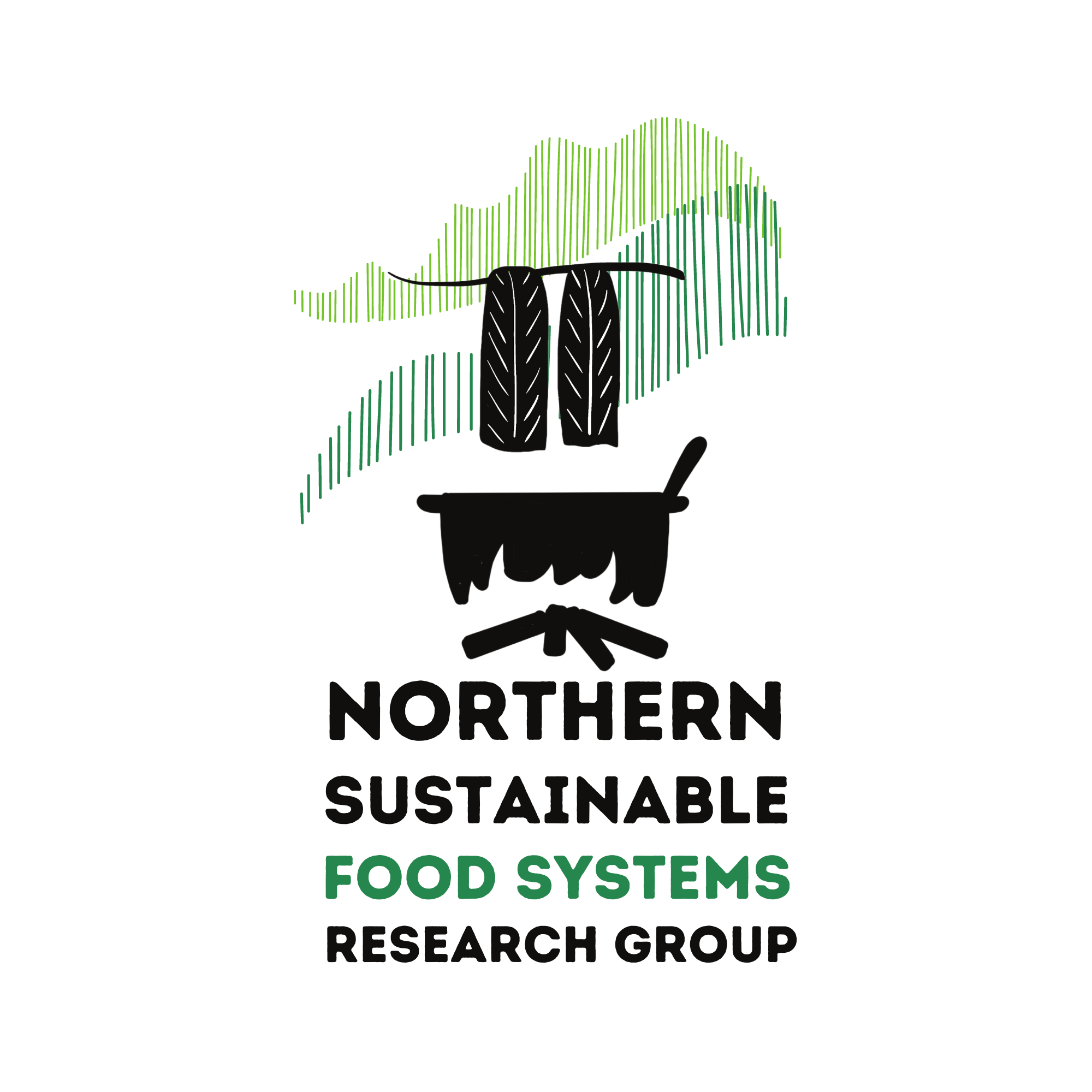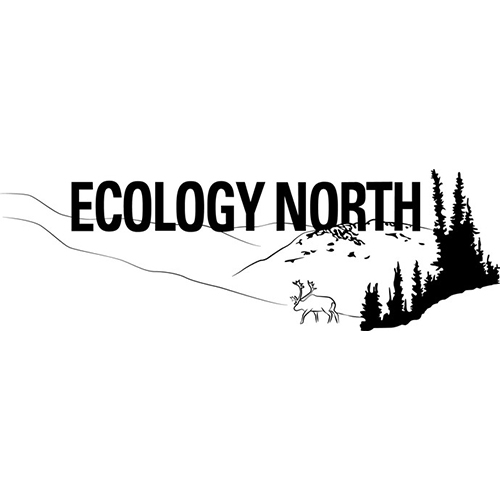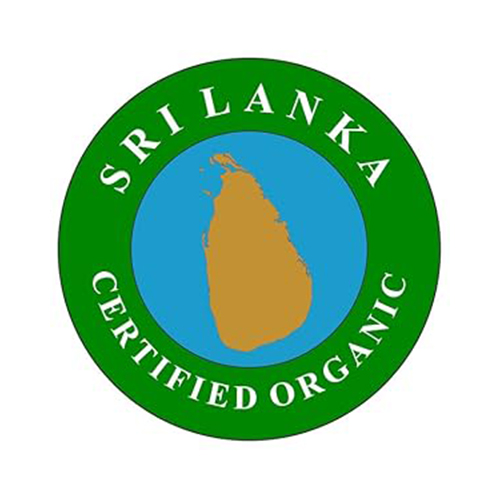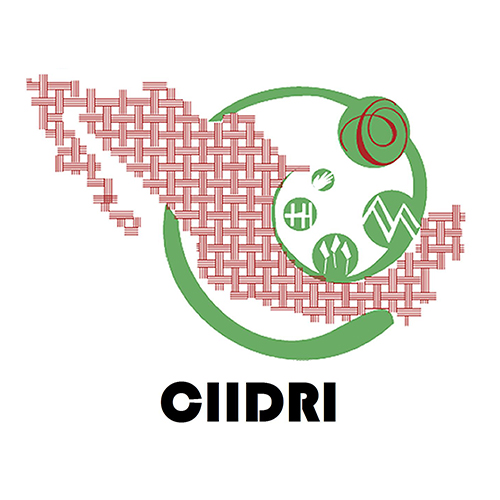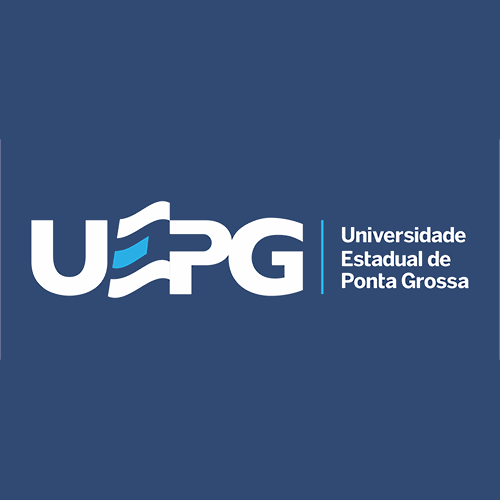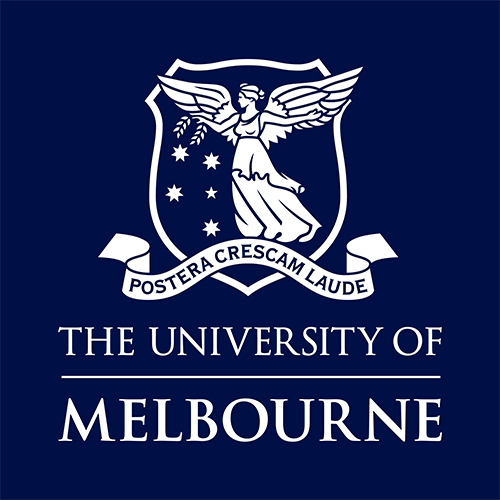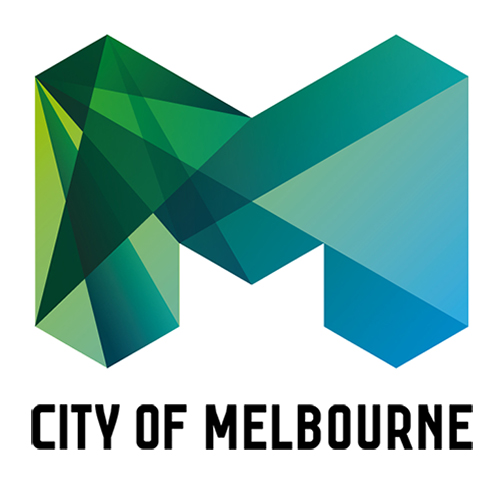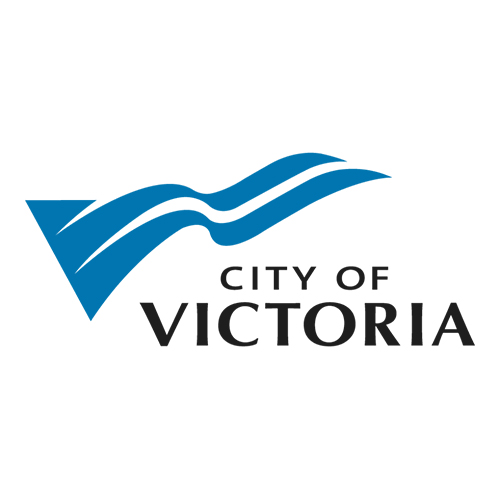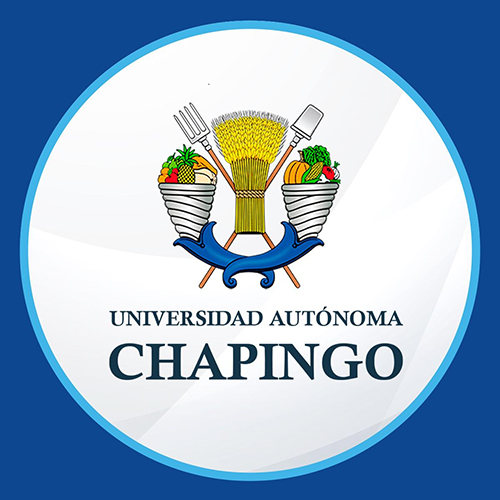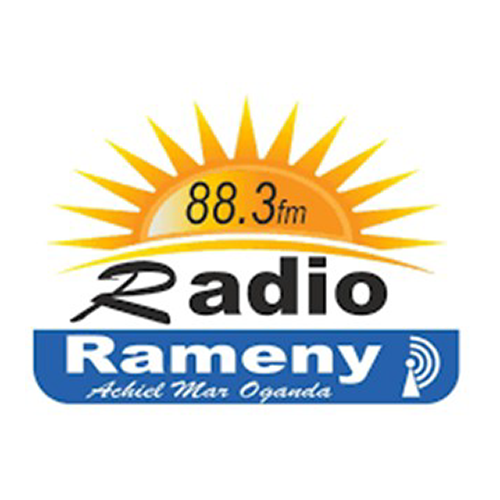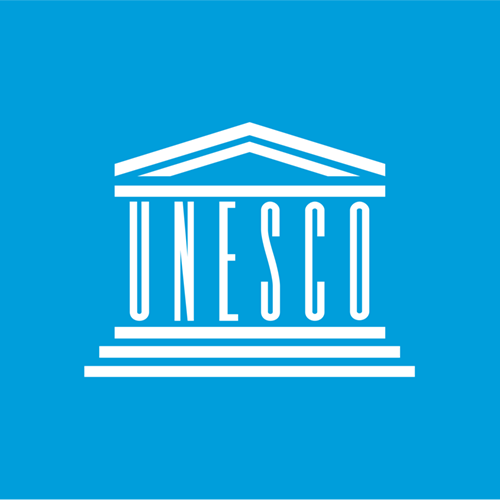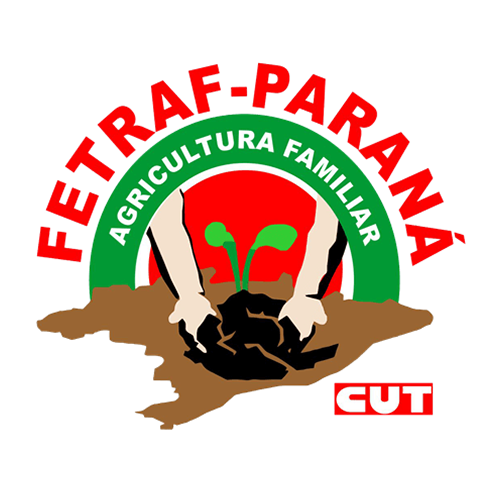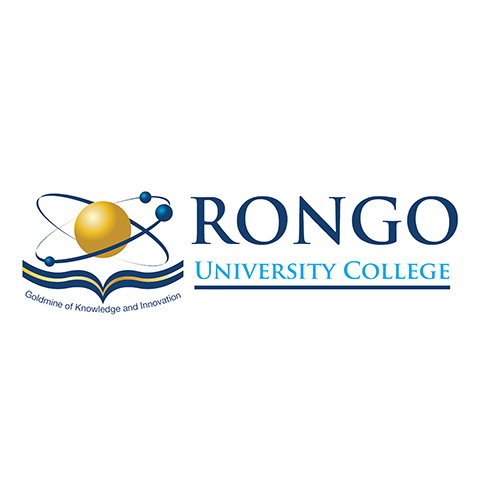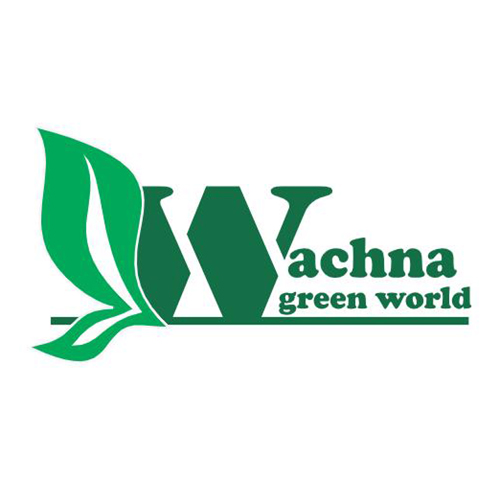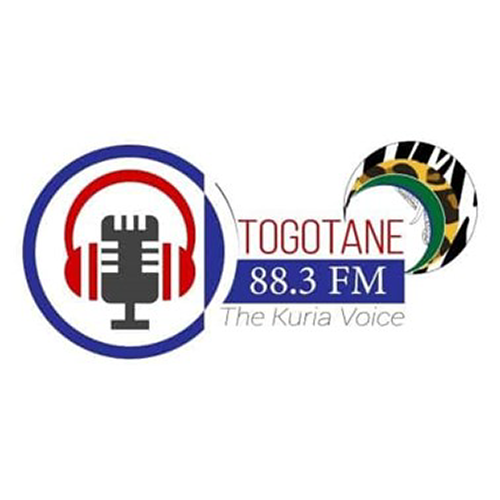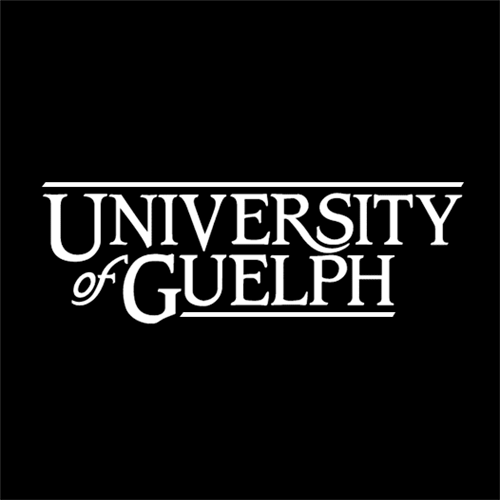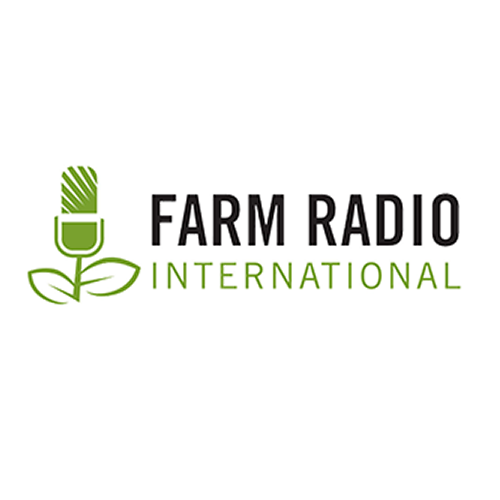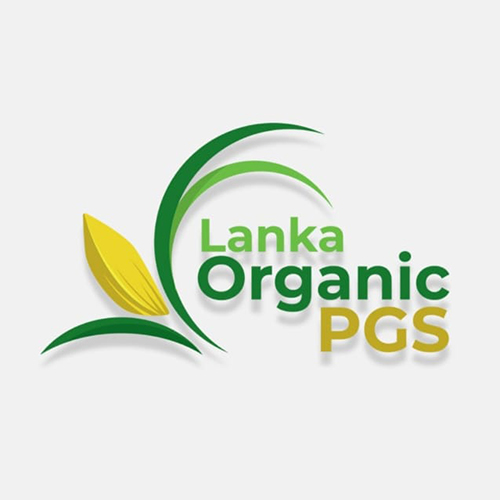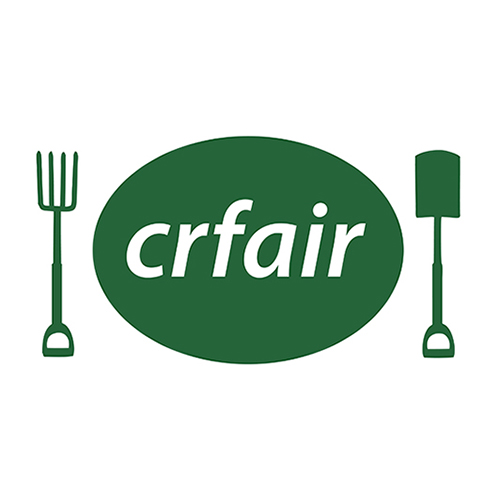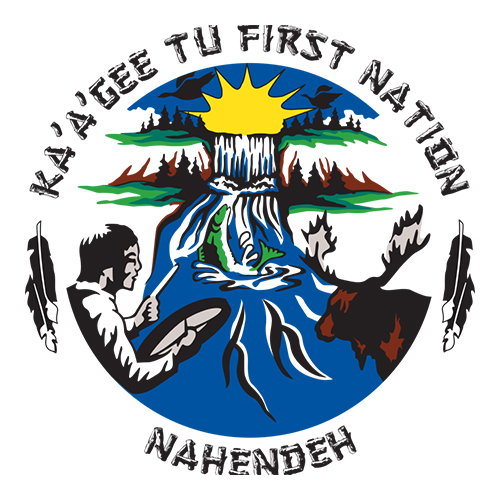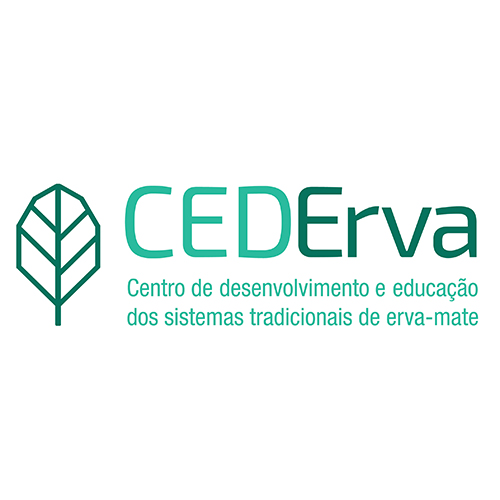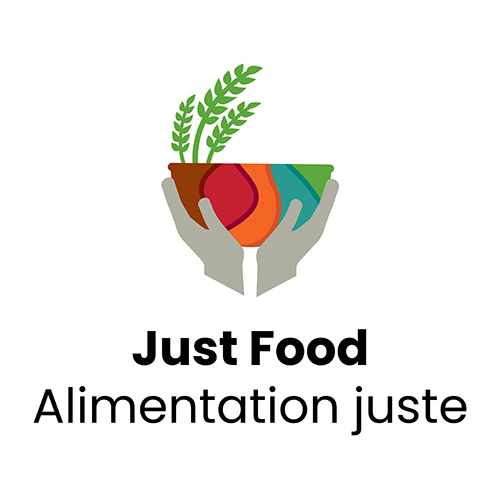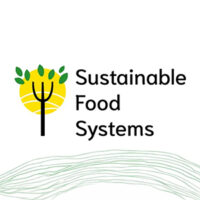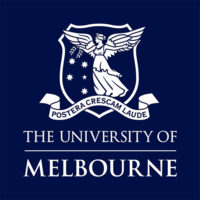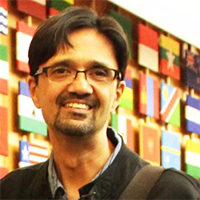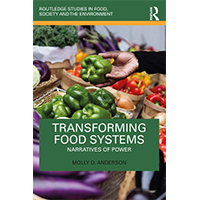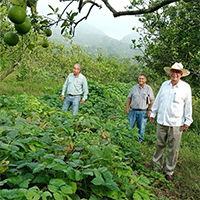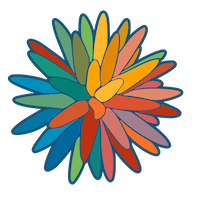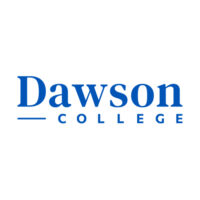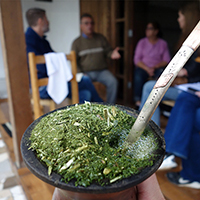The FLOW (Food, Learning and Growing) Partnership
The goal of the FLOW Partnership is to support, track, and communicate about sustainable, resilient regional food systems through an extensive international network of food system researchers, practitioners, and community partners. Our research will map and monitor the pathways between specific practices and impacts across social, environmental, and economic factors as we work to build increasingly just, equitable, ecological, and circular regional food systems.
With our partner organizations, and through the support of an international panel of Expert Advisors, we will create compelling, indicator-driven narratives about the interrelated effects that these practices have on the regional level, using them to amplify meaningful, long-term change among a range of audiences. In all, FLOW will contribute to innovation in both the theory and practice of sustainable regional food systems.
FLOW’s Regional Partners
Learn more about our community and institutional partners on each region’s profile page.
latest news
Kevin Morgan interview
In January 2025, Elodie Valette—a researcher with Cirad, the French agricultural research and international cooperation organization—interviewed Kevin Morgan about his work leading up to the publication of […]
Kevin Morgan book launch & panel
On February 6, 2025, the UNESCO Chair on Food, Biodiversity, and Sustainability Studies, supported by the Laurier Centre for Sustainable Food Systems, hosted a […]
Online course in Sustainable Food
Thanks to FLOW expert advisor, Malek Batal (Canada Research Chair in Nutrition and Health Inequalities) and his research lab at l’Université de Montréal, a […]
PhD opportunity at Uni Melbourne
The FLOW partners at the University of Melbourne (Australia) are currently offering a PhD research degree opportunity in regional governance for resilient, healthy, and equitable food systems. […]
Faris Ahmed on COP16 (CBC Radio)
FLOW Partnership Expert Advisor, Faris Ahmed, appeared on the CBC’s Ottawa Morning radio show on Oct. 24, 2024, discussing his perspectives on the COP16 meeting in Cali, […]
Understanding Agroecology’s Connections
Montreal Job Posting: Project Coordinator
The Montreal FLOW Team is hiring! Want to join a team of researchers and faculty who are working with community organizations to build more resilient and equitable food systems […]
Updates from Brazil (Oct. 2024)
The Southern Brazil team is working to strengthen traditional erva-mate production systems for farming families and Indigenous communities in Southern Paraná. Over the past months, the team has continued […]
Podcast: Brazil’s “Voices of Mate”
The Center for the Development and Education of Traditional Erva-Mate Systems—CEDErva—is a collaborative network of people who have an interest in the production and development of […]
FLOW is recruiting PhD positions!
The Food Learning and Growing (FLOW) Partnership is hiring for multiple PhD positions to support key thematic areas of the Regional FLOW Teams. PhD […]
enter your email to receive FLOW updates
The FLOW Partnership is funded in part by the Social Sciences and Humanities Research Council of Canada. Wilfrid Laurier University acts as the project’s institutional manager.

